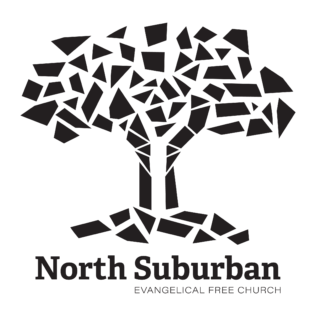Bonus Content from February 14th
Questions Answered
See below for responses to four questions submitted this week on Genesis 18:16-33.
Why would God need to visit Sodom to check it out? He knows all things.
This is such an important question, one that the author of Genesis surely wanted us to ask. God does know all things, and as such, He couldn’t have needed to visit Sodom to check it out. But the fact that He nevertheless did personally visit to check it out tells us something about Him. By visiting, He did what He didn’t have to do in order to make sure we would know that His terrifying judgment does not come flippantly or in a temper tantrum. Rather, He is the sort of God who seeks any other way besides to destroy – “I have no pleasure in the death of the wicked, but that the wicked turn from his way and live” (Ezek. 33:11). His visit fleshes out this aspect of His character.
Can we have the presentation images?
Here is the PowerPoint presentation.
You said Noah built a fortress with the ark. “OK, I’ll start building my boat.” In 2 Peter 2:5 Noah is called a herald of righteousness, or in other translations a preacher of righteousness. I believe Noah had been telling/warning the people and was obeying God when he built the ark. It’s true about some Christians building a fortress, but I don’t think Noah was an example.
Yes! This reference had to be cut from my sermon for time. Many of us feel an impulse to defend the heroes of the faith, while the Bible seems more comfortable portraying even the greatest heroes as a mixture of great triumph and great failure.
2 Peter 2:5 makes clear that Noah had been speaking to his neighbors and was obeying God when he built the ark. I affirmed in Sunday’s sermon that the building of the ark was a great act of obedience! But then I asked about what happened between God’s pronunciation of judgment and the time when Noah started building the ark. I shared the consensus of the Jewish rabbis over the centuries that Noah ought not be as revered as Abraham because he did not plead on behalf of his neighbors or intercede with God for their salvation.
Maybe the rabbis were right; maybe they were wrong. But 2 Peter 2:5 does not claim that Noah interceded for the people of his wicked generation; rather, it claims that he preached righteousness. To tell one’s neighbors what’s right and wrong is one thing; to be bothered about their destruction to the point of pleading before God on their behalf is another matter.
We’ve all known Christians who lecture their neighbors about their sins without losing much sleep over their impending damnation. If the rabbis are right that Noah was one such person, his great faith and righteous deeds and walking with God should not be diminished or taken from him (just as his drunkenness in Genesis 9 does not stop Peter from writing reverentially about him).
I know a lot of people think of Sodom more for the sin of social injustice as per Ezekiel, but the fact remains that God destroyed Sodom and about 4 other cities. The people who were suffering the social injustices seemed to be quite guilty on their own.
The commentators I read suggested that many of the poor people oppressed by the residents of a city like Sodom would not likely have been city dwellers at all. Rather, they would dwell on the farms in the countryside around the city, which explains why God couldn’t find ten righteous in the city itself. Thus, God’s destruction of these wicked cities may have served to break the chains of oppression and exploitation that were resulting in the “outcry” that had made its way up to God.

